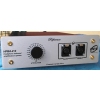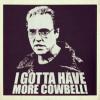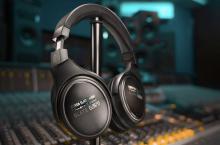Universal Audio 1176LN Classic Limiting Amplifier by gyrosphere1

True to the original 1176 compressor. Whether it be for vocals, drums or guitars, this amazing sounding FET-Style compressor is great for just about anything.
Soft, warm and vintage by design. This bad boy is the daddy !












